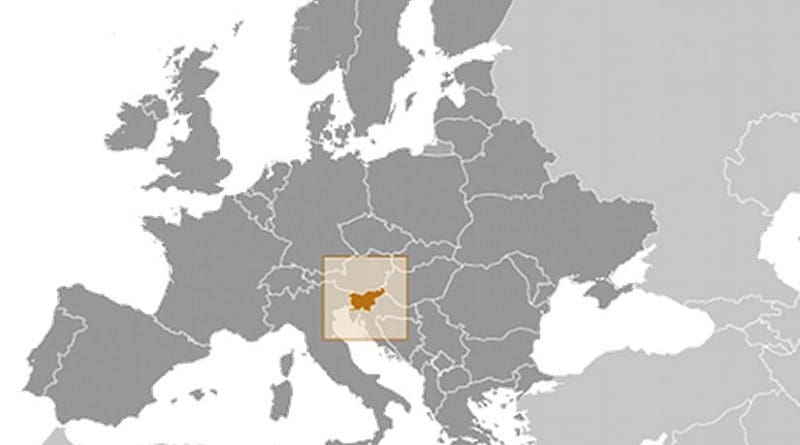Slovenia: PM Cerar Resigns Amid Rail Project Trouble
By EurActiv
(EurActiv) — Slovenian Prime Minister Miro Cerar resigned late on Wednesday (14 March), hours after a key investment project hit a legal obstacle, saying he had also had enough of obstruction from his coalition partners and pressure from trade unions.
The move comes less than three months ahead of general election which was expected in June. It was not clear whether Cerar’s resignation would bring the election forward.
In pre-election opinion polls Cerar’s centre-left Party of Modern Centre is trailing behind three other parties with a centre-left List of Marjan Sarec, which has never before run for parliament, being in the lead ahead of the opposition centre-right Slovenian Democratic Party.
Cerar said he would step down in the wake of a Supreme Court decision to annul the result of a September referendum that approved a 1-billion-euro railway project, the centre-left government’s biggest investment programme.
“The (railway project) took a new blow from those who want to stop the positive development of Slovenia,” he said. “I don’t want to be part of such stories.”
Earlier on Wednesday, teachers held their second one-day strike for higher wages. A number of other public sector employees are also demanding hefty pay hikes.
“Demands and suggestions have been becoming less and less feasible and even damaging to the state,” Cerar said.
He told a news conference that coalition partners had been trying for a long time to undermine projects, without naming specific parties or programmes. He said he would keep the post until a new government was formed.
The government coalition, which took power in September 2014, includes Cerar’s Party of Modern Centre, the Social Democrats and pensioners’ party Desus.
Croatian spat
The outgoing government urged the European Commission on Thursday to act against Croatia, which it accuses of breaching EU law, after Zagreb refused to accept an international arbitration ruling over a bitter border row.
Ljubljana accuses Zagreb of not implementing a June ruling by the Permanent Court of Arbitration in The Hague, which allocated Slovenia more than two-thirds of picturesque Piran Bay.
Zagreb has refused to recognise the decision and urged Slovenia to start fresh negotiations on the border spat, which has raged since they both declared independence from former Yugoslavia in 1991.
The court gave both parties six months to implement its decision, but after the deadline expired in December, police patrols from both countries started fining fishermen from the opposite side over border and fishing violations.
“If the European Commission does not initiate a procedure against Croatia in the time framework (three months) set by the Treaty on the functioning of the EU, the government will itself hand the case to the EU Court,” the Slovenian government said in a statement issued late on Wednesday.
European Commission chief Jean-Claude Juncker in January said the bloc was ready to step in to help resolve the dispute.
Juncker insisted the Piran Bay row was “not a big problem”, but he warned that other Balkan countries hoping to join the EU would have to solve their border disputes before doing so.

